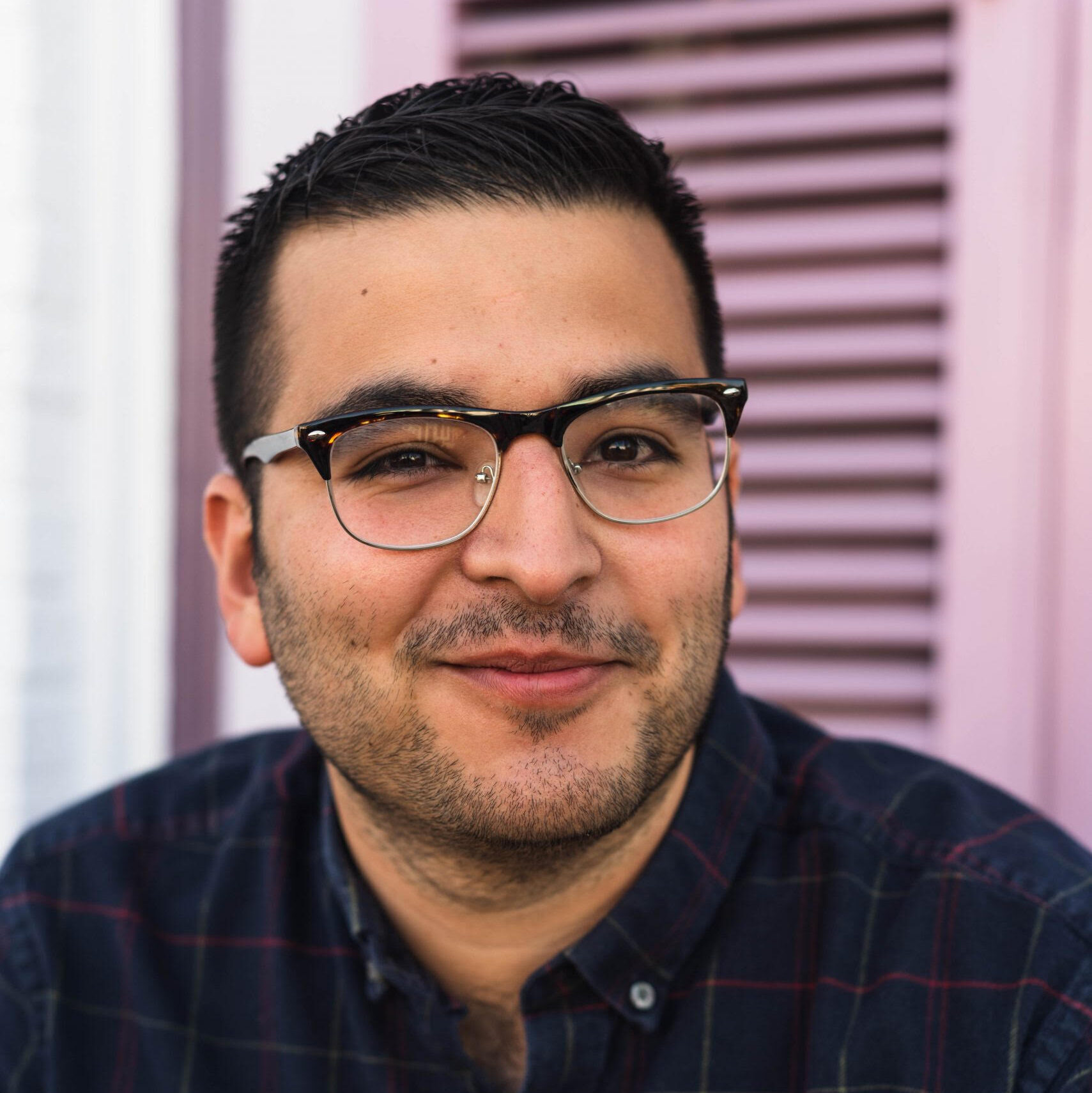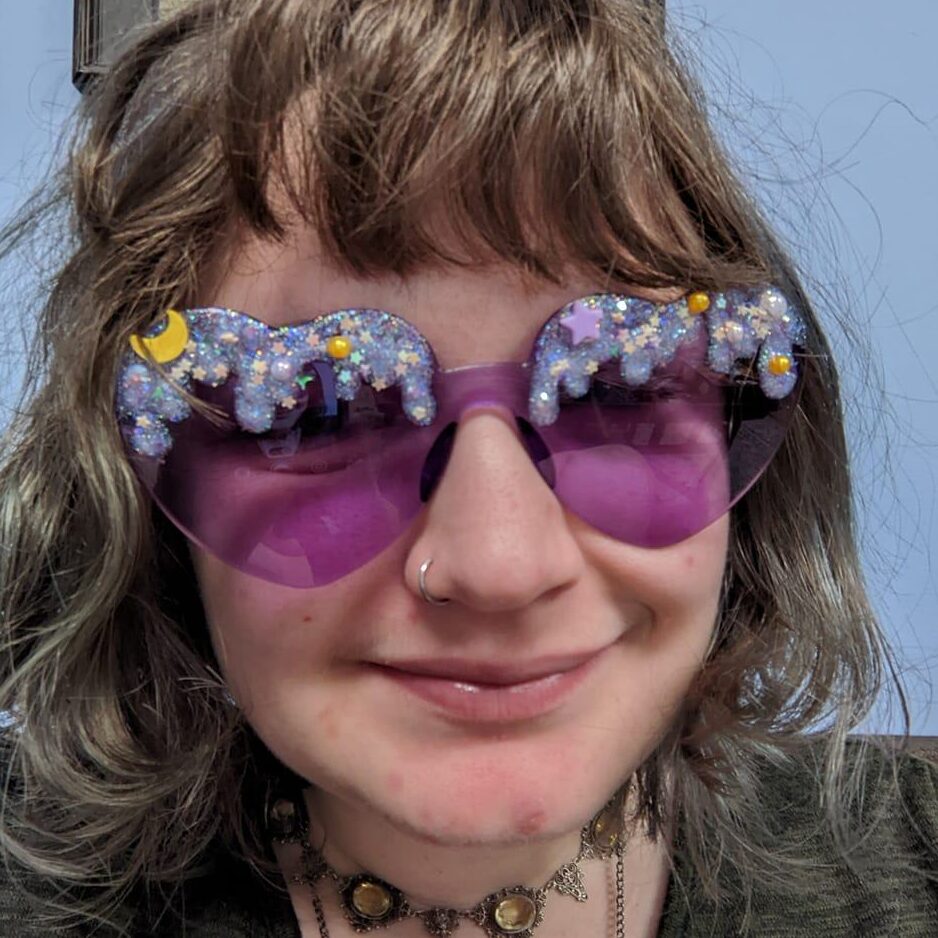Enrique “Quique” Luna has one goal this summer — get over his crush on Saleem Kanazi by pursuing his other romantic prospects. Never mind that he’s only out to his best friend, Fabiola. Never mind that he has absolutely zero game. And definitely forget the fact that good and kind and, not to mention, beautiful Saleem is leaving L.A. for the summer to meet a girl his parents are trying to set him up with.
Luckily, Quique’s prospects are each intriguing in their own ways. There’s stoner-jock Tyler Montana, who might be just as interested in Fabiola as he is in Quique; straight-laced senior class president, Ziggy Jackson; and Manny Zuniga, who keeps looking at Quique like he’s carne asada fresh off the grill. But as the summer heats up and his deep-seated fears and anxieties boil over, Quique soon realizes that getting over one guy by getting under a bunch of others may not have been the best laid plan.
Aaron H. Aceves is the bisexual, Mexican-American author of This Is Why They Hate Us, which was published by Simon & Schuster Books for Young Readers. We spoke with him about intersectional identity, writing books for teens, and what he’s working on now.
This interview has been edited and condensed for clarity.
Three major components of This is Why They Hate Us is the bisexual, Mexican- American, and depression representation. Could you talk a little about the intersections of these identities in the novel?
I made Quique bi, Chicano, and depressed because I am. I honestly didn’t think too hard about how these identities would intersect because they do so naturally in my life. I will say, however, that this book could have been so much longer if I explored my relationship with my Mexican ancestry. At a certain point, I knew the book had to focus on Quique’s sexuality (and, to a lesser extent, his mental illness) because that was the aspect of his life that he was wrestling with.
Some stories are inspired by what we want to see in other books and in real life. With that in mind, in This is Why They Hate Us, are there elements there that you wish to see more of in other books? Then, are there moments in the story that you wish you had in real life?
I always want to see more authenticity in books about queer boys. That can come from lived experience, but it can also come from conquering your fear of what other people will say. I guess what I’m saying is I’m tired of sanitized queer teens. I want more characters who make my younger self feel seen, not alone and “dirty.”
I’m 31 now, which is Mr. Chastman’s exact age in the book. I wish I could have some wine with him at his place, haha.
What drew you to writing? Do you usually stick to contemporary fiction and romance?
I tried to write my first book when I was nine-years-old. That desire sprang from dissatisfaction with the books I was reading. I was always thinking stuff like, “That’s not how it should have ended! I’ll write a better ending!”
I love writing contemporary fiction. I love slice of life; I love people; I love character dynamics. I want to study all that in a more neutral setting, so I can focus more on it.
That being said, I do have some stories with fantastical elements that I want to share with the world. These elements just serve to heighten our human experience though.
What are some books you recommend for readers that want more bisexual, Mexican- American, and/or depression representation?
It’s really hard to find books with characters that are bi, Mexican, and suffer from depression, but some books with characters that I relate to in those aspects are More Happy Than Not by Adam Silvera, Fifteen Hundred Miles from the Sun by Jonny Garza Villa, The Lesbiana’s Guide to Catholic School by Sonora Reyes, The God Box by Alex Sanchez, Cemetery Boys by Aiden Thomas, and Deposing Nathan by Zack Smedley.
Do you have advice for writers that want to publish their own LGBT+ YA fiction?
Write for your younger self and only them. I don’t think anything else really matters.


